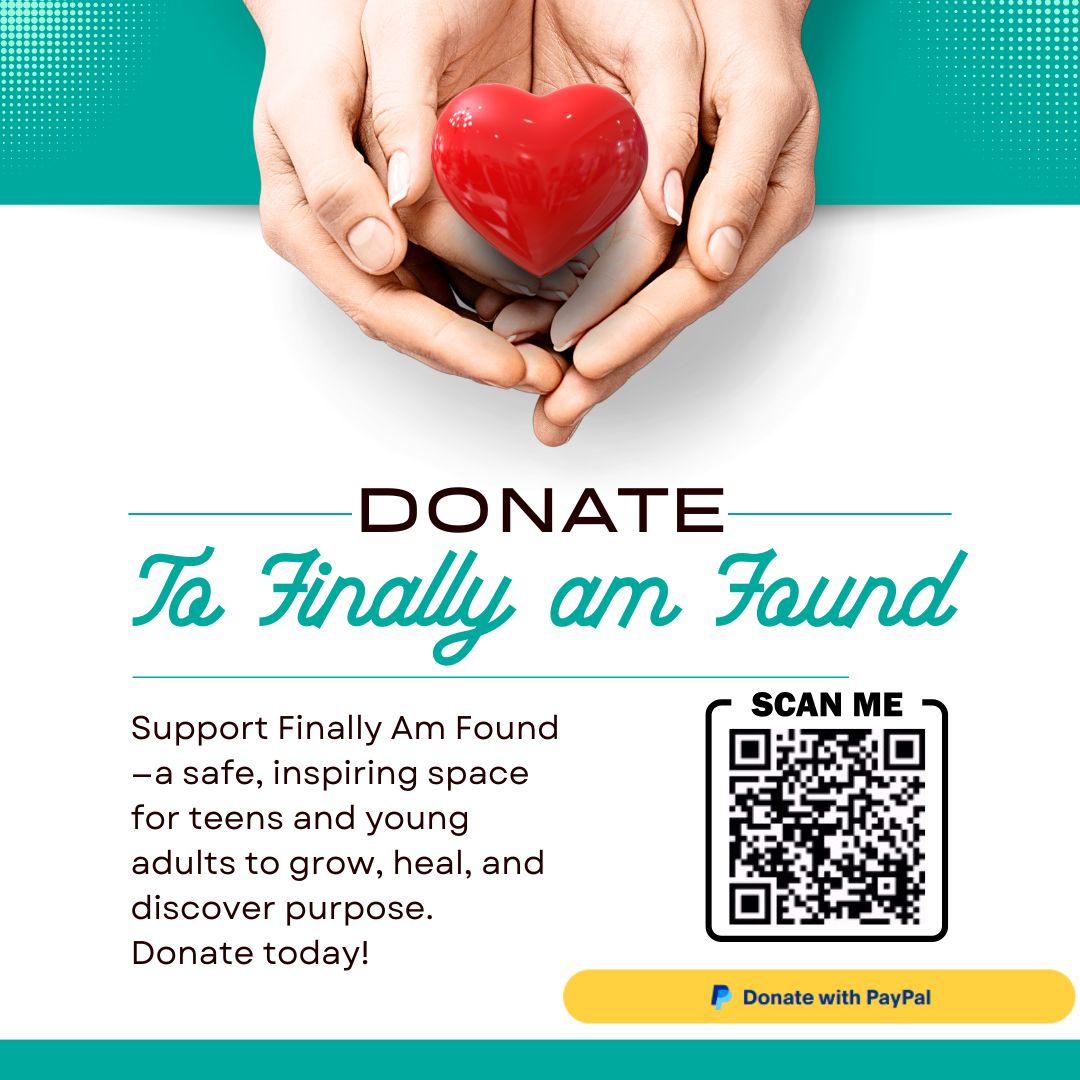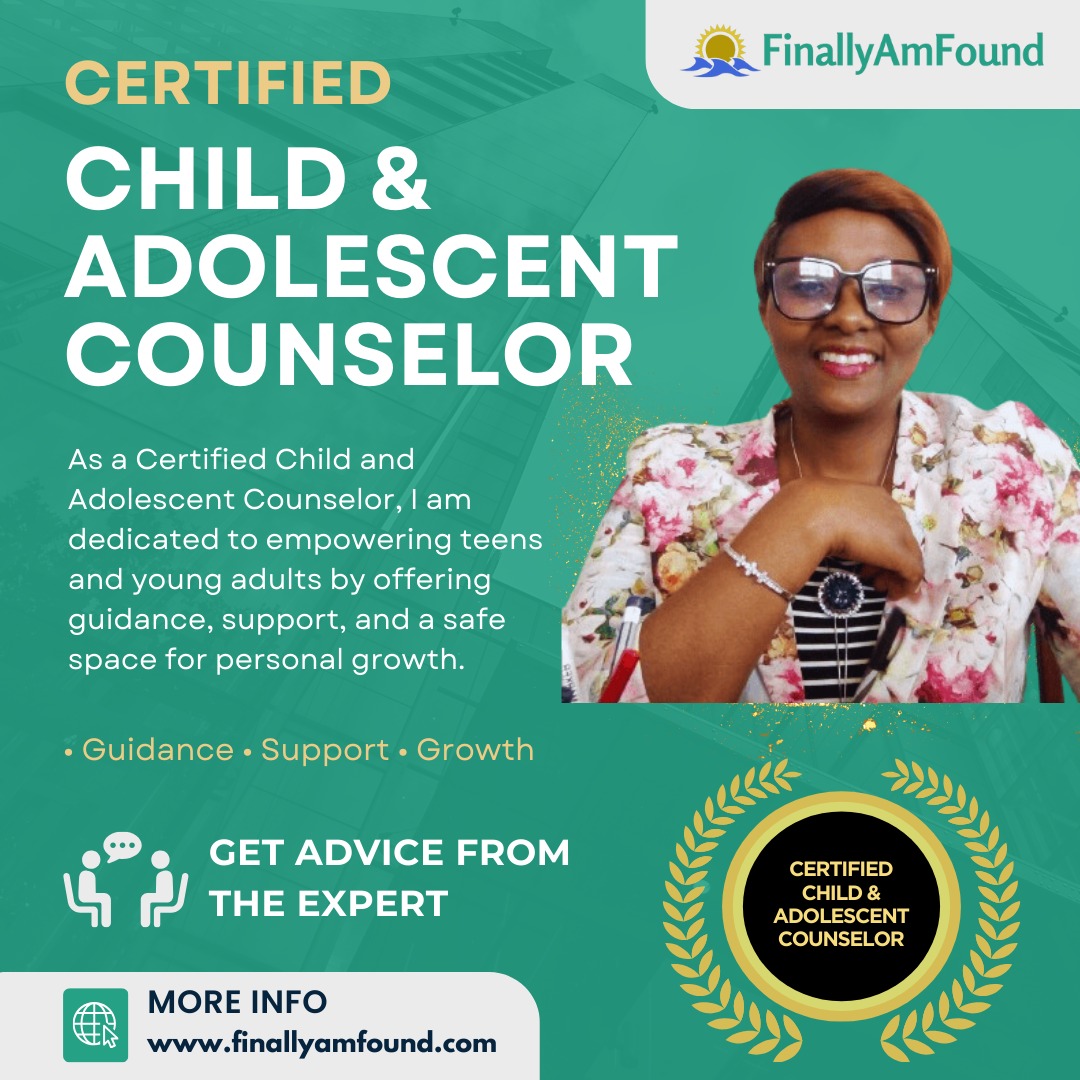What is Rejection
Rejection is the act of being turned down by someone or people. Feeling rejected is the opposite of feeling welcomed or accepted. However, being turned down (and we all will or have at one point or another) doesn’t necessarily imply that a person isn’t appreciated, cherished, or significant. It merely signifies that one particular time, in one particular situation, with one specific individual or individuals, things didn’t go according to plan.
Being turned down can be painful because it often triggers a strong emotional response, tapping into our fundamental need for acceptance and belonging. Therefore, it is a common experience for every human being. What matters is your ability to deal with it. Remember, you are in control of your life, and you only have one life, so make it count. Don’t let other people’s actions take control by taking your driver’s seat through their decisions; own your life and protect its value with all you can.
Forms of Rejection
Rejection can be due to various reasons, such as a lack of fit or a change in circumstances. It can take many forms:
- Romantic rejection: When someone you have feelings for or are in a relationship with decides not to pursue a relationship with you, or being ghosted by someone you’ve been seeing, or being left at the altar.
- Friendship rejection: When a friend decides to spend less time with you or exclude you from activities, or when a group chooses to exclude you, being unfriended or blocked on social media by a friend, being left out of a group chat or conversation, or having a friend cancel plans with you to spend time with someone else.
- Social rejection: When you are excluded from social events or gatherings, turned down for a job offer, or made fun of or bullied by a group of people.
- Family rejection: When a family member chooses not to be close to you or spend time with you, and for some individuals, being adopted feels like a form of rejection, or even being raised by a single parent and feeling like you’re rejected by the other parent.
- Personal rejection: Feeling rejected or unaccepted by oneself, such as struggling with self-acceptance, self-doubt, or self-worth, struggling with body image issues, or low self-esteem.
The Effects of Rejection
Rejection can be a one-time occurrence or an ongoing experience. It is a natural part of human interactions and relationships. This can lead to feelings of self-doubt and questioning one’s worth, which can have a significant impact on self-esteem, confidence, and future relationships, affecting overall well-being. People may react differently to rejection based on their personal experiences, emotional resilience, and coping mechanisms. Understanding that rejection is a common experience can help mitigate its psychological impact. However, how we perceive and interpret rejection plays a significant role. If we see it as a reflection of our self-worth, it can be devastating. However, if you view it as a learning opportunity or a stepping stone, it can be empowering by discovering your strengths and making life purposeful and fulfilling.
Building Resilience Through Rejection
Each experience of rejection can strengthen your ability to bounce back. Over time, you can become more resilient, focused, and clear, with increased motivation. It’s important to reflect on how to do better and to remember that Jesus Christ dwells in you with all His love. These are valuable traits in both your personal and professional life. It’s essential not to join the people who reject you by rejecting yourself as well. It is always good to find your identity in Christ, and in Him, you are graced to cruise the world through its ups and downs.
Rejection’s Impact on Self-Worth
Rejection can challenge a person’s self-image and self-worth. When someone is rejected, they may start to question their own value, abilities, or attractiveness, leading to negative self-talk, self-hate, and self-doubt. This internal dialogue can be a mind game, as the person struggles to reconcile their self-perception with the rejection.
Rejection in Young Adulthood
Experiencing feelings of rejection is a common phenomenon during young adulthood, stemming from the inherent lack of matured proficiency in navigating personal, educational, relationship, and professional domains. While embracing rejection can be distressing, it is also an invaluable catalyst for personal growth and advancement.
This process underscores the notion that intrinsic worth is derived from self-validation, rather than being contingent on external affirmations. It is integral to approach life’s ebbs and flows with poise and fortitude, comprehending that each experience, whether gratifying or arduous, plays a pivotal role in molding your authentic self. Life challenges shape individuals significantly, propelling them to fortify resilience and enhance adaptability when confronted with adversity or rejection. As life is rife with challenges, embracing rejection can illuminate the discovery of one’s latent potential just like a gold mine.
What Drives Rejection?
Rejection from the offender can be driven by various factors: incompatibility (how well two people do not match or do not suit each other in terms of their values, goals, interests, and personalities), their own insecurities (offenders may project their own insecurities and fears onto others, which can lead them to reject others as a way to protect themselves from perceived threats or vulnerabilities), past traumas, and a lack of empathy (some offenders may struggle with empathy, making it difficult for them to understand or care about the impact of their actions on others). This lack of empathy can lead to insensitive or rejecting behavior.
It might also result from a need to assert control (by rejecting someone, they may feel a sense of superiority or dominance), misunderstandings, emotional detachment (offenders who are emotionally unavailable or detached may reject others to avoid forming deeper connections, which can be a way to protect themselves from emotional vulnerability), distorted thinking (such as black-and-white thinking or overgeneralization, which can lead offenders to reject others based on flawed or exaggerated perceptions), and societal or cultural pressures (offenders may reject others based on societal prejudices, stereotypes, or cultural expectations).
The Human Desire for Validation
From birth, humans have a natural desire for validation, love, and acceptance from family, friends, and colleagues. This strong desire for connection is deeply ingrained in our nature, serving as a crucial factor in our species’ survival and prosperity over countless generations. However, in a competitive world with limited resources and diversity, rejection is an inevitable part of life. It serves as a necessary contrast to the desire for warmth and acceptance. Experiencing rejection can be very painful for many people, often leading to feelings of shame, inadequacy, and low self-esteem.
Mindset and Emotional Resilience
Rejection can be a complex experience, and it’s common for people to interpret it as a reflection of their worth and capabilities, rather than a simple outcome. Avoid making a mountain out of a molehill. It’s an outcome that can be navigated. This can have a significant impact on a person’s self-esteem and personal development. It’s important to remember that rejection is a normal part of life and that it’s not a reflection of a person’s value or worth. Most importantly, work on your mindset.
Building this kind of mindset and emotional resilience requires a strong, independent sense of self-worth, unshaken by others’ opinions, actions, or decisions. This involves embracing your imperfections and recognizing that our value as individuals is inherent, unaffected by external validation. Reclaiming your sense of self also means overcoming past traumas and negative experiences by shifting your perspective and refusing to let your history define you. So, when rejection comes, carry yourself with grace and continue enhancing your life. Also, strive to not reject others, but instead do your best to accommodate them as each person works toward becoming better.
Dealing with Rejection through Adoption
When a child is placed for adoption, it can feel like rejection or abandonment by their birth parents. However, it’s essential to recognize that adoption is often a difficult decision made by parents who cannot provide the necessary care and support due to their own limitations. These reasons are not a reflection of the child’s worth or value but rather a reflection of the circumstances and challenges the birth parents were facing.
Adoption as a Selfless Act of Love
It’s important to remember that adoption is a selfless act of love. Birth parents make the heart-wrenching decision to place their child for adoption because they want what’s best for them. They may have believed they could not provide the care and support their child needed and wanted to give their child the opportunity to grow up in a stable and loving home. Whether it was the right or wrong decision, the adoption was made with the best intentions and for the adoptee’s well-being.
Grief and Loss in Adoption
Adoptees may feel a sense of loss or grief related to the separation from their birth parents, struggling with feelings of rejection or abandonment. It’s important to align your human capabilities to make better decisions in life by working on yourself. Don’t let the past cloud your mind or judgment, or allow grief to dominate, which is a natural response to the complex and multifaceted experience of adoption.
Building a Bond with Adoptive Parents
Cultivate a deep bond with your adoptive parents, recognizing that they, like all parents, are custodians of your care. They don’t have full ownership of you—God does. Your adoptive parents are entrusted with nurturing and caring for you, a precious gift from God.
You Are the Architect of Your Life
Remember that you and God are the primary architects of your life’s journey. Embracing this understanding and recognizing your inherent worth can help you overcome feelings of rejection and find healing after adoption.
Love Self
Loving yourself means having a positive, compassionate, and accepting relationship with yourself. It involves recognizing and valuing your own worth, flaws, and strengths, and treating yourself with kindness, care, and understanding. Self-love also means being gentle with your emotions, needs, and desires, and making choices that promote personal growth, well-being, and happiness. It includes being mindful of your thoughts and inner dialogue, replacing negative self-talk with positive and uplifting messages. Setting healthy boundaries, taking care of your physical and emotional needs, and engaging in activities that bring joy and fulfillment are also essential aspects of self-love.
Focus on What You Can Control
Instead of dwelling on rejection, focus on what you can control, such as your attitude, reactions, and next steps. By shifting your energy to areas where you have influence, you empower yourself to navigate life’s challenges more effectively.
Practice Forgiveness
Holding onto anger and resentment can be harmful to your mental and emotional health. Practice forgiveness towards the person who rejected you, even if you don’t feel they deserve it. Forgiveness is not about forgetting or condoning their behavior, but rather releasing the negative emotions associated with the rejection. When you forgive, you heal, allowing yourself to move forward with clear focus and peace.
Adoptive Parents and Caregivers
Adoptive parents or organizations that take in a child can be just as loving, caring, and capable as biological caregivers. They provide a stable and nurturing environment for the child’s growth and development, offering them a foundation of love, security, and care.
Healthy Coping Mechanisms
Here are some strategies to help young adults cope with all kinds of rejection:
- Acknowledge and Process Emotions: Allow yourself to experience your emotions. It’s okay to feel sad, angry, or disappointed after a rejection. Embrace your feelings without letting them control you.
- Seek Support: Talk to trusted friends, family, or a mental health professional about your feelings. Authentic priests or pastors can also offer guidance and support.
- Practice Self-Care: Engage in activities that promote relaxation and well-being, such as meditation through the Word of God, exercise, or hobbies that bring you joy and fulfillment.
Reframe Rejection
- View it as a Learning Opportunity: Use rejection as a chance to gain insights, grow, and improve your approach in the future.
- Shift Your Perspective: Instead of focusing on the negative, consider the positive aspects of the situation. Change the narrative by telling yourself a new story that empowers you rather than limiting your potential.
Build Resilience
- Challenge Negative Thoughts: Replace self-critical thoughts with positive and constructive ones. Remind yourself that rejection does not define your worth.
- Develop a Growth Mindset: Believe that you can learn and improve through challenges. Rejection is not a sign of failure but an opportunity to grow.
- Practice Gratitude: Focus on what you are grateful for in your life. Gratitude fosters resilience by helping you focus on the good, even in difficult times.
Set Realistic Expectations
- Understand That Rejection is Part of Life: Everyone experiences rejection at some point, and it doesn’t define your worth. Accept it as a natural aspect of life’s journey.
- Avoid Comparisons: Focus on your own journey and progress rather than comparing yourself to others. Your path is unique and valuable in its own right.
Keep Moving Forward
- Don’t Give Up: Continue to pursue your goals and dreams. Use rejection as fuel to push forward, and learn from your experiences.
- Seek New Opportunities: Explore different paths and possibilities. Rejection often opens the door to new and better opportunities that may align more with your purpose.
- Embrace That Not Everyone Will Like You: It’s not necessary to be liked by everyone. Focus on being true to yourself and surrounding yourself with people who value and support you.
Power of Choice
You have the power to choose whether to react or respond to rejection. Reacting often leads to emotional outbursts, defensiveness, or internalizing the rejection, which can result in negative self-talk and low self-esteem. Responding, on the other hand, involves reflecting on the situation and choosing to learn and grow from it.
Let Go of the Desire for Recognition
Letting go of the desire for recognition involves focusing on your values, goals, and progress rather than seeking validation from others. Recognize and value your own worth and abilities, and don’t rely on others to affirm them. Relying on external validation can lead to frustration, as it’s not always possible to meet others’ expectations. Break free from this need and live according to your values.
Don’t Take It Personally
Remember that rejection is often not about you but about the other person’s preferences, needs, or circumstances. It’s not always a reflection of your worth or abilities. Rejection does not define your future; it’s a normal part of life that can be overcome with resilience and a positive mindset.
By embracing rejection as a learning experience, young adults can develop the strength and perseverance needed to succeed in their endeavors.
Prayer for Strength in Rejection
Dear God, my Father,
Thank You for Your constant presence. Help me remember that rejection is not a reflection of my worth, and my value is found in You, Christ. Guide me to recognize and appreciate my own worth and abilities, without relying on others for validation. When I feel rejected and hurt, help me overcome these feelings with Your grace.
Thank You for Your unconditional love. In Jesus Christ’s name, I pray and believe,
Amen.
Hey, I’m Angeline, your RN and founder of Finally Am Found. With a heart for mentorship, I’ve been guiding teens and young adults since 2017. As a Registered Nurse, I blend medical expertise with personal experiences to create a Christ-aligned space for self-discovery. Connect with Angeline on Facebook and let the journey to self-discovery begin!
















